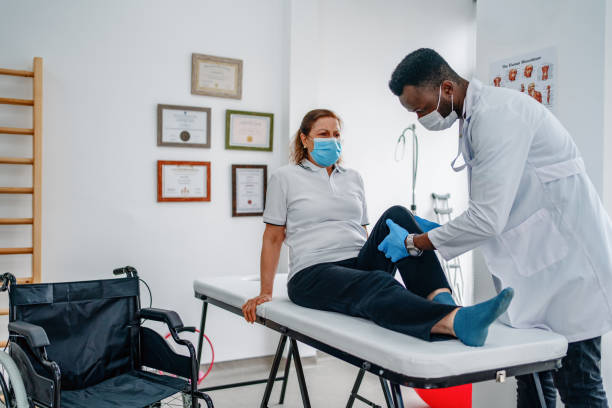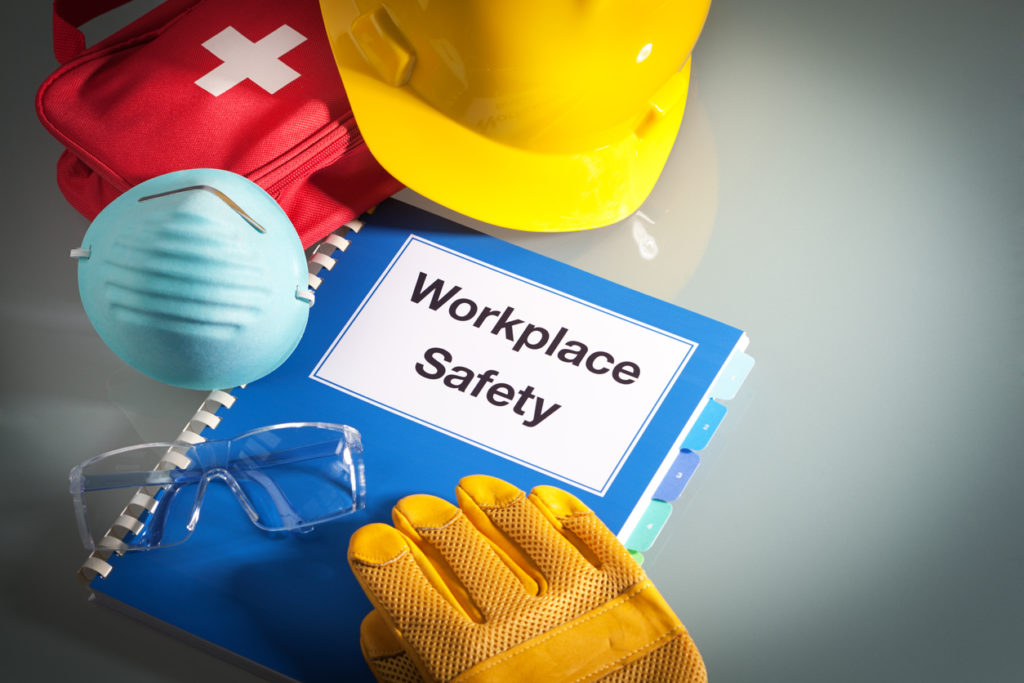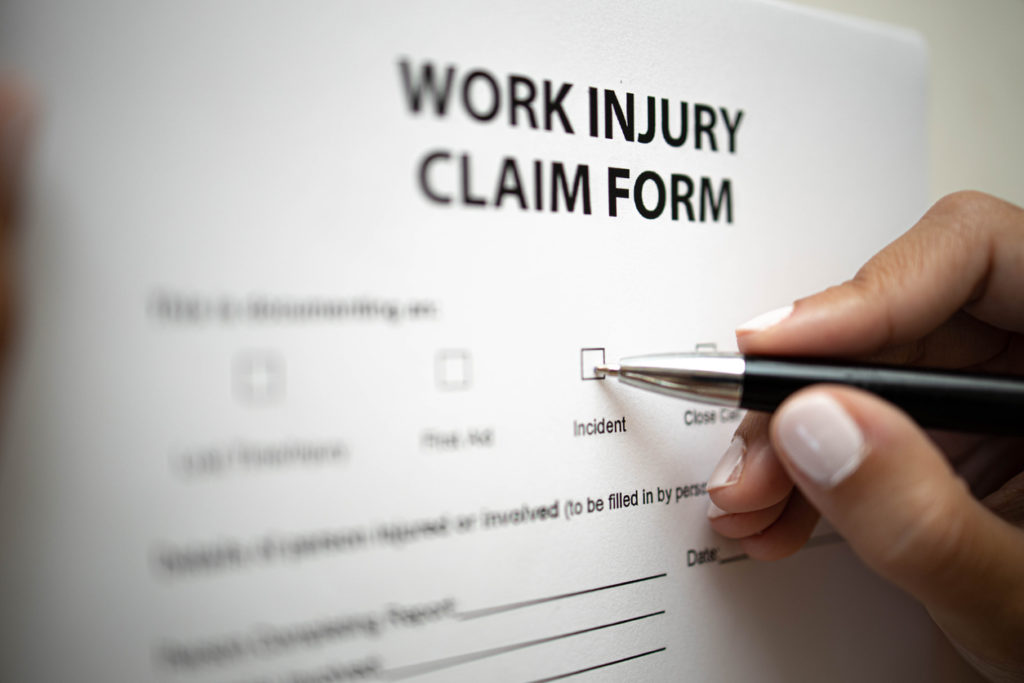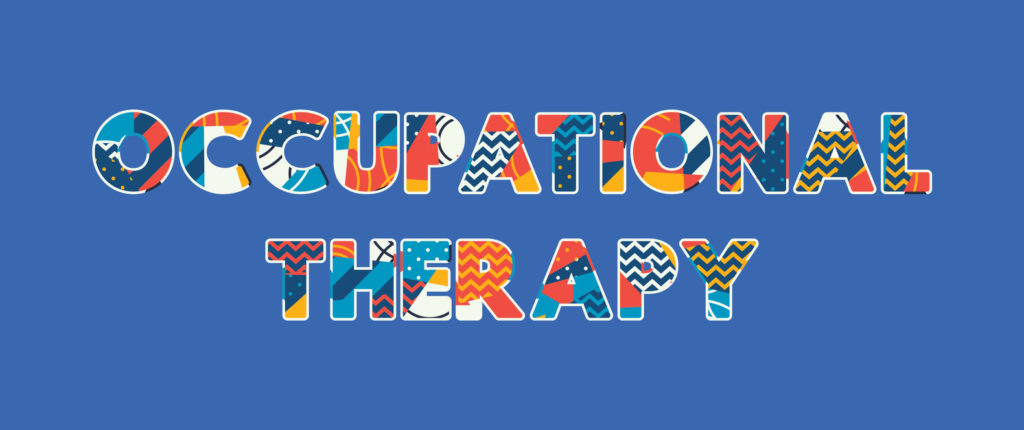Returning to work after an injury can be tough. You might feel nervous about re-injuring yourself or wondering if you can do your job like before. But with the right steps, you can make the transition smoother and safer. For example, being around coworkers, having a routine, and feeling productive can boost your mood and […]
Occupational Health
How Occupational Therapy Can Improve Quality of Life for Individuals with Disabilities
Living with a disability can be challenging. This is especially true for those who experience difficulty with carrying out daily tasks due to various disabilities such as cerebral palsy, autism, Down syndrome, musculoskeletal disability, and so on. Having a disability can make simple, everyday tasks such as dressing, bathing, and walking difficult, which can ultimately […]
Where to Find the Best Occupational Therapy in Grand Junction, CO
Whether you’re recovering from a workplace injury or experiencing post-injury symptoms like pain and discomfort interfering with your job and daily activities, you need occupational therapy to adapt to work and other situations while managing your medical condition. Occupational therapy is a type of rehabilitative care that helps people with illness, injury, or disability perform […]
5 Benefits of Occupational Physical Therapy
Whether you’re recovering from a workplace injury or experiencing post-injury pain and discomfort interfering with your ability to work, you want rehabilitative care. Occupational physical therapy is a type of rehabilitative care that improves or prevents the worsening of your condition or quality of life due to injury, illness, or surgery and helps you perform […]
The Similarities of Occupational Therapy and Physical Therapy
Therapy is one of the most common and effective conservative treatments for patients with pain. Its main goal is to help patients function and cope with their symptoms. There are many different types of therapy, but two of the most common ones are occupational and physical therapy. Here are the commonalities between them: Both Focus […]
How to Avoid Common Injuries from Work
Being injured at work can lead to not only lost income and possibly permanent injuries on the employee’s side, but also a drop in productivity from the employer’s perspective. This is why establishing a safe workplace is both legally necessary and ethically, morally, and financially prudent. Let’s talk about how you can help prevent injuries […]
News and Advice About Occupational Therapy
Did you know that April is Occupational Therapy Month in the United States? This year’s theme is “Occupational Therapy: Empowering Everyday Living.” Occupational therapy is a profession that helps people with injury, illness, or disability perform practical tasks to their utmost ability. If you have a condition affecting your ability to carry out daily functions, […]
Occupational Therapy Needed for Children
Occupational therapy is dubbed “the life-changing discipline” for various reasons. It is an evidence-based profession whose goal is to help people of all ages living with a disability, injury, or illness complete everyday activities and overcome barriers that affect their overall well-being. For children with developmental delays, for instance, occupational therapists use the full scope […]
Workplace Safety: Are You at Risk?
Occupational accidents and work-related injuries claim lives every day. In the United States, there were 4,764 fatal and 2.7 million non-fatal workplace injuries and illnesses recorded in 2020. Out of those, there were over 1 million non-fatal injuries that caused a worker to miss at least one day of work. Apart from physical injury, workplace […]
Tips for Recovering from an Injury at Work
Any workplace injury can have a significant impact on not only the injured person but also their family. It can cause lost productivity and, in severe cases, even permanent disability which, in turn, can pose a threat to both the worker’s earning capacity and financial stability. Whether you’re on this page because you’ve just sustained […]
Which Occupational Therapy Programs Are Best For You?
Occupational therapy is the branch of health care that helps an individual accommodate and overcome limitations caused by illness, a congenital defect, or injury. Your care plan depends on your individual needs and desired goals. Here’s how you and your therapist will determine which type of program is best for you. What Does An OT […]
When is Occupational Physical Therapy Needed?
Are you experiencing pain or discomfort that is affecting your ability to work? Or are you seeking a way to improve your health, function, and overall quality of life? Occupational physical therapy may be the answer. Read on to know more about what occupational physical therapy is and how it might benefit you! What is […]


















